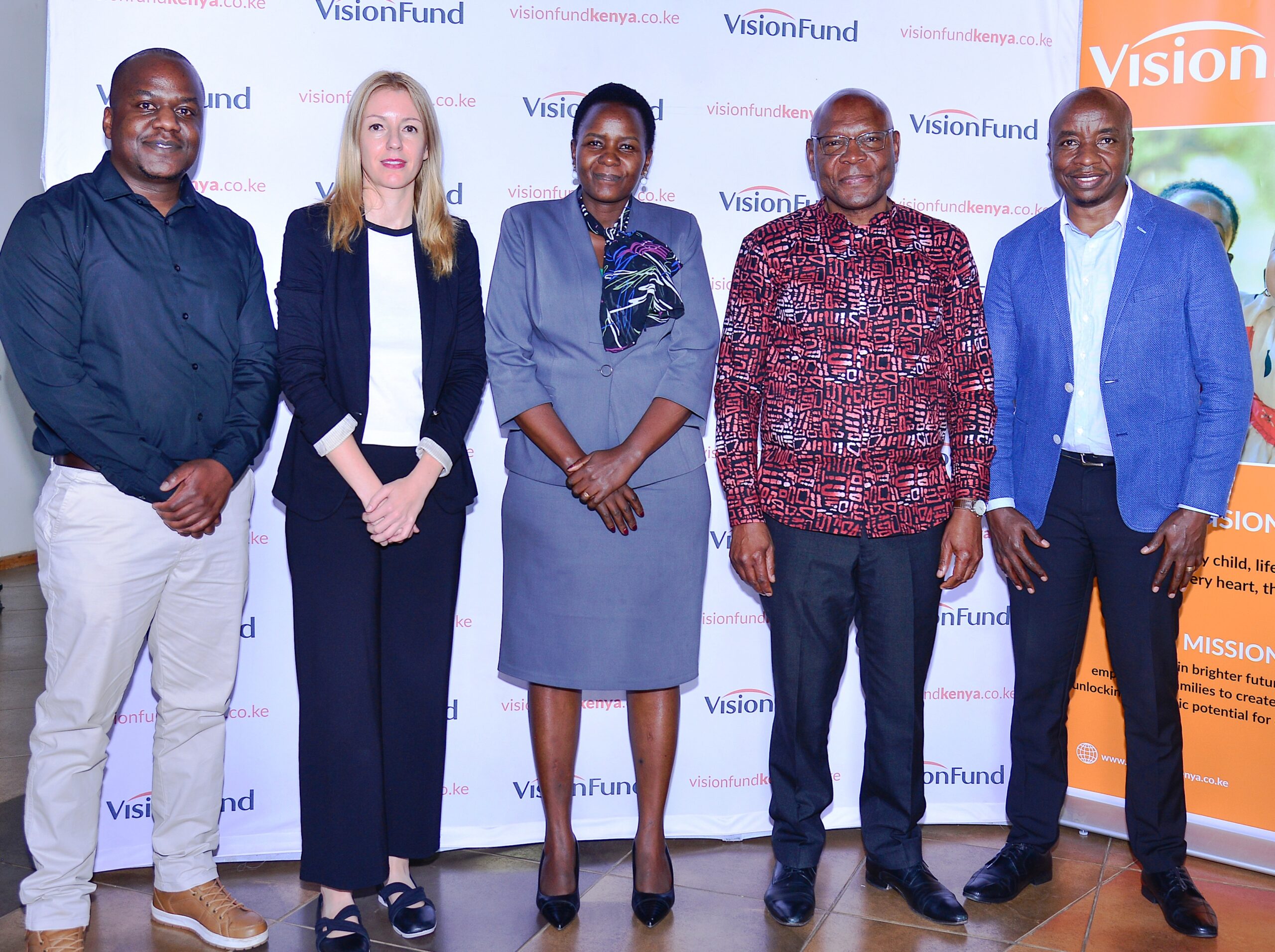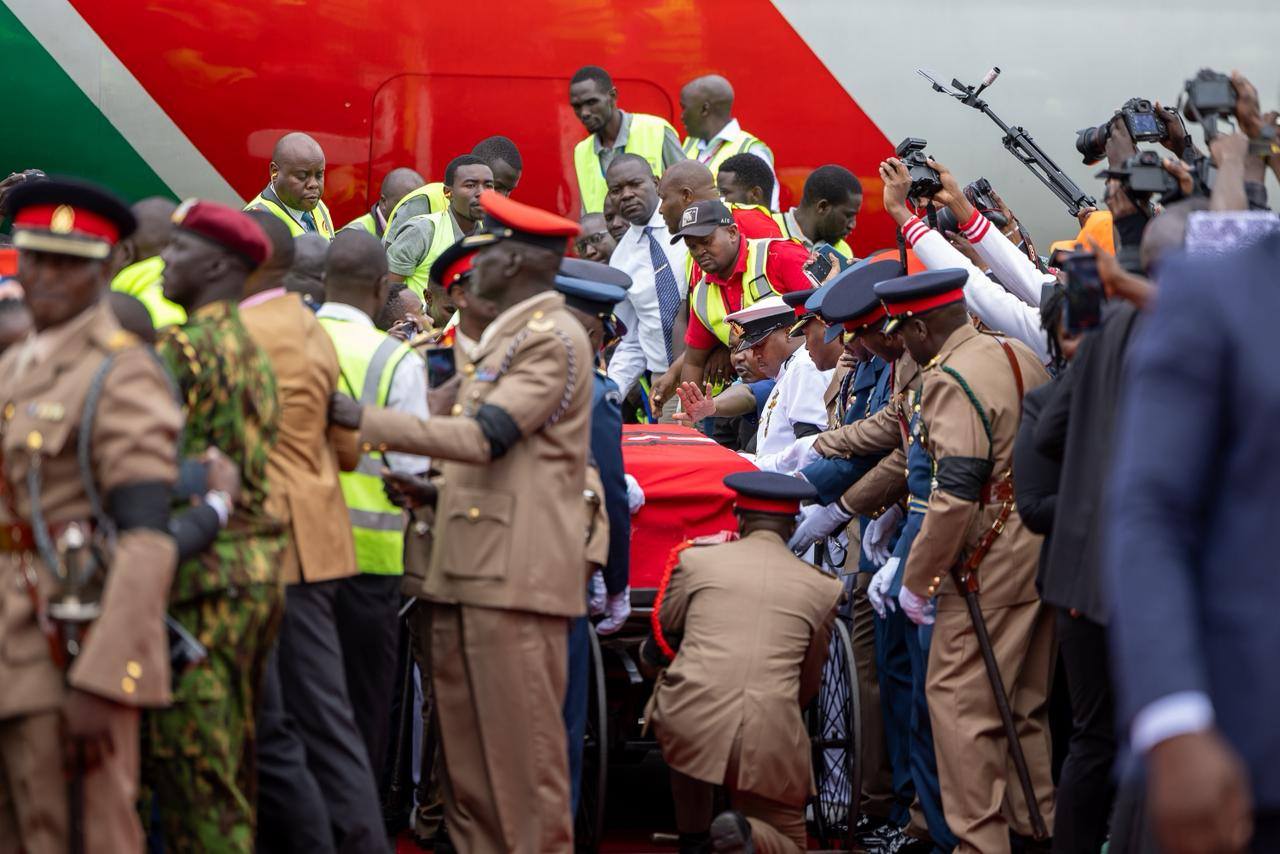The Mountain Journal
editor@themountainjournal.co.ke
Kirinyaga County Government installs Master Meter to curb water and revenue
losses as it expand supply of piped water to more households
The initiative will to reduce Non-Revenue Water (NRW) through the installation of a master meter at the Muratiri Water Treatment Plant.
The new system will allow the county to monitor water production more accurately and
compare it with actual consumption. This will enable the detection of losses caused by
leaks, pipe bursts, overflows, or illegal connections.
Non-revenue water is water that is lost or unaccounted for in water systems. The loss
occurs either through leaks, illegal connections or metering inaccuracies.
Governor Anne Waiguru said the installation is among several reforms aimed at
ensuring sustainable water management and to reduce non-revenue water.
“The company is currently implementing the non-revenue water reduction plan. This has
reduced non-revenue water from 59% to 47% as at February 2025,” Waiguru said,
noting that the goal was to push this figure down to below 35 percent within the next
year.
To support this, the county is also installing 27 electro-magnetic zonal meters and
district metering area (DMA) meters to monitor flow in specific areas and compare
usage after billing.
County Executive Committee Member (CECM) for Environment, Water and Natural
Resources, James Mutugi, said that Kirinyaga County Water and Sanitation Company
(KICOWASCO) has installed a master meter that will ascertain actual amount of water
flowing from the source and will help in analyzing the water spent and billed.
“This will help us analyze how much water is produced and how much is billed. The
difference will tell us the volume of non-revenue water, so we can address physical and
commercial losses,” said Mutugi.

He noted that physical losses include bursts in main lines, overflows, and aging
infrastructure, while commercial losses involve illegal connections, unmetered usage,
and poor monitoring. He said the company is addressing the losses systematically.
Chief Officer for Water and Irrigation Peter Murimi said the county has previously relied
on estimated figures to track water output from Muratiri Treatment Plant.
“In the past, we relied on engineer figures. Muratiri is estimated to produce 30,000 cubic
centimeters per day but now with the master meter, we shall know the exact amount of
water produced thus helping us monitor physical and commercial losses more
effectively,” Murimi noted, adding that the new meters are a game changer in managing
water supply in the county.
Murimi added that the county has begun metering all consumer connections to ensure
every drop of water is accounted for. “We are working towards universal metering which
will boost revenue collection and reduce wastage. Already, new extensions have been
done in underserved areas to improve water access,” he said.
The Managing Director of KICOWASCO, Cyrus Mwangi, said the reforms will help
improve customer service and billing efficiency.
“We have increased our engagement with residents to encourage prompt bill payments.
We are also responding faster to illegal connections and pipe bursts once detected,”
Mwangi said, committing to increased water supply, accurate billing and increased
revenue.
More to that, KICOWASCO is also rehabilitating water lines that were damaged during
road construction with the company’s scheme manager in Sagana, Peter Mwenda
confirming that the process to reconnect more than 300 customers affected by road
works in Lower Kiangwaci and Gacharu is ongoing. He added that the company is
extending new water lines to areas that have never had piped water before, a gesture
that has been received with joy by beneficiaries.
Andrew Kaburu, a resident of Kiaga, said the project to dig new water lines began in
November last year, and residents are now seeing progress. “We used to fetch water
from rivers like Gatondo and Kiwe. Now, over 100 families will benefit from clean water,”
he said.

His sentiments were echoed by Stephen Kariuki who said that residents of Kombuini
and Kangai have been saved from taking dirty water from rivers.
“Since KICOWASCO brought clean water, our lives have changed. Water is now
accessible and safe. Even our cattle drink clean water and our clothes are clean. We
want to thank Governor Waiguru for this initiative,” said Kariuki.



